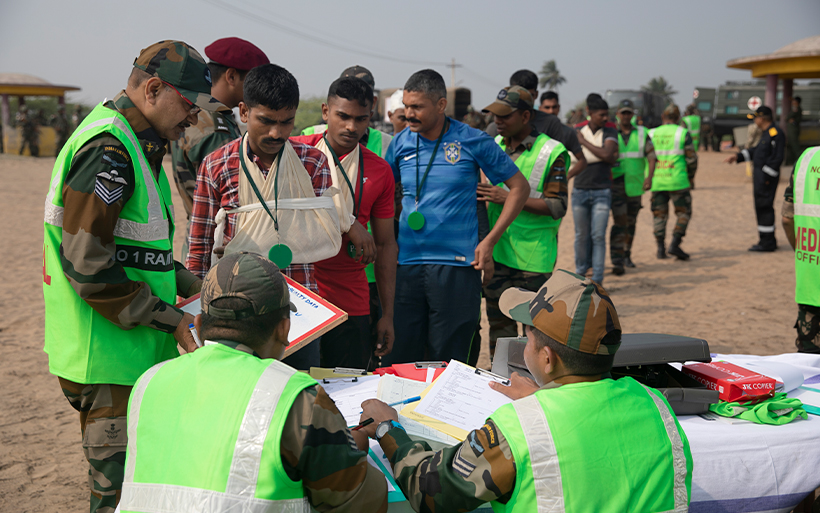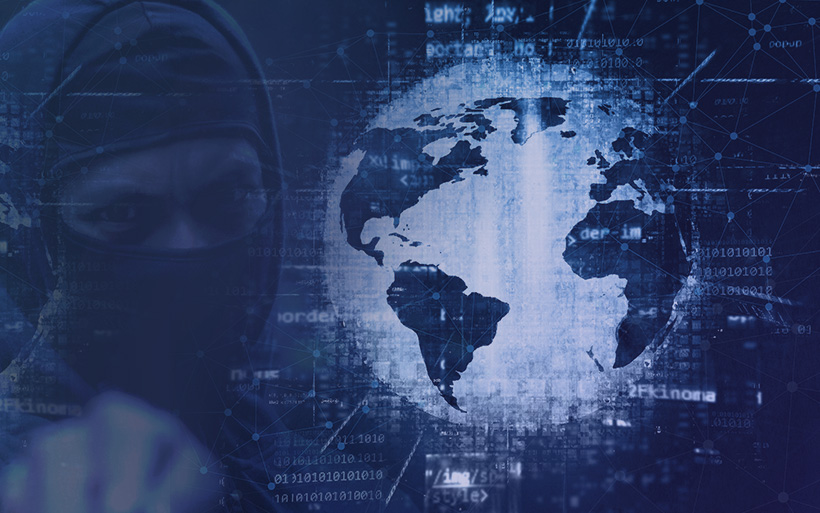India Leading International HADR Cooperation in South Asia
“India Leading International HADR Cooperation in South Asia,” is the title of a paper by Dr. Deon Canyon for Security Nexus. This article emphasizes the need for India to continue developing more robust internal processes, improve inter-agency and inter-ministry cooperation, and engage more holistically with stakeholders, including civil society, as a provider in humanitarian assistance and disaster relief. Summary Fueled by stable economic growth, India is stepping up as a provider of international humanitarian assistance and disaster relief in South Asia and beyond. This includes supporting multilateral endeavors, resourcing and innovating sub-regional efforts, and continuing to expand bilateral engagements. As [...]















